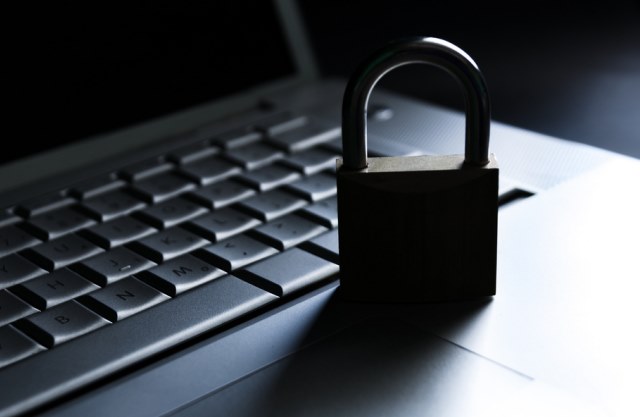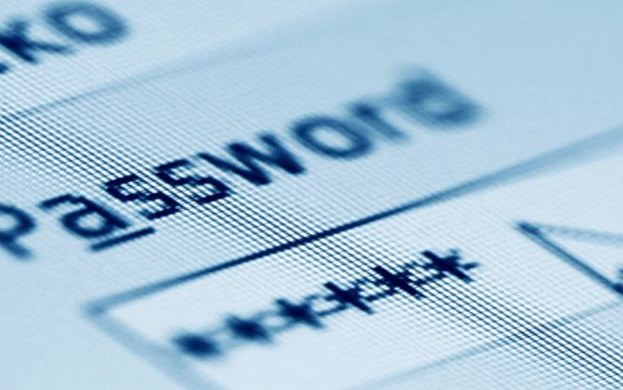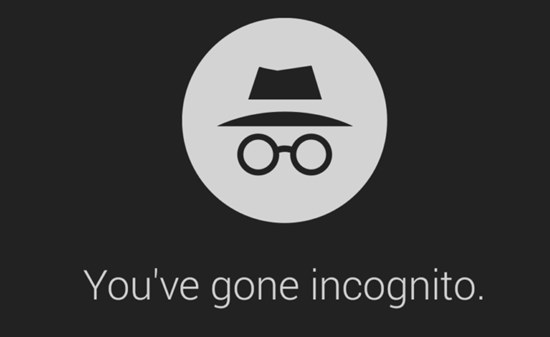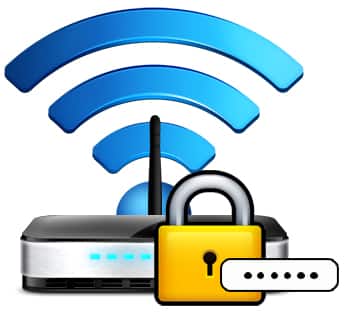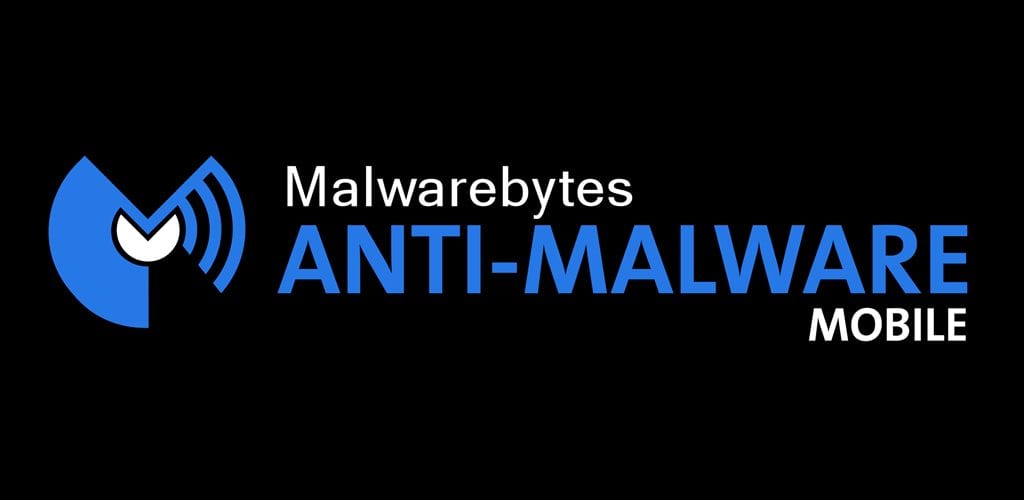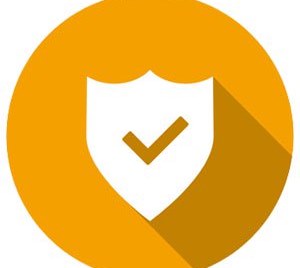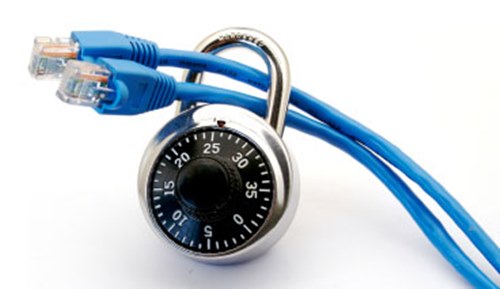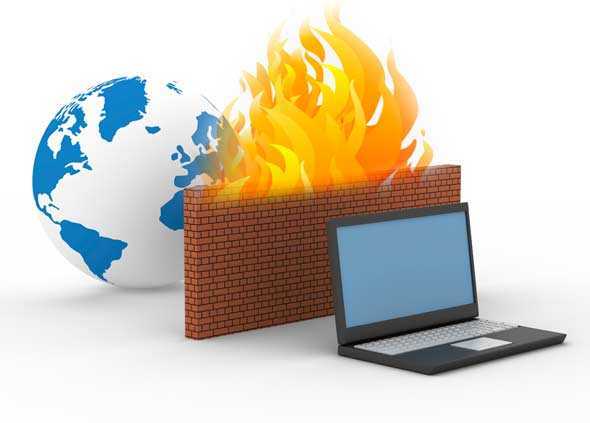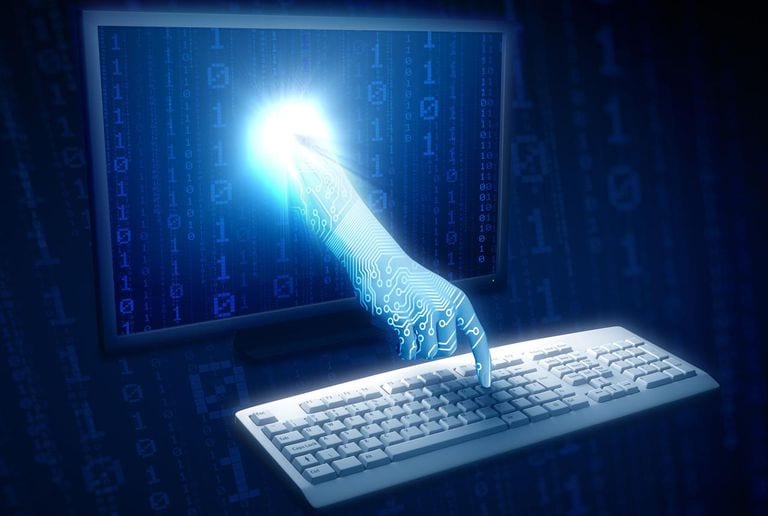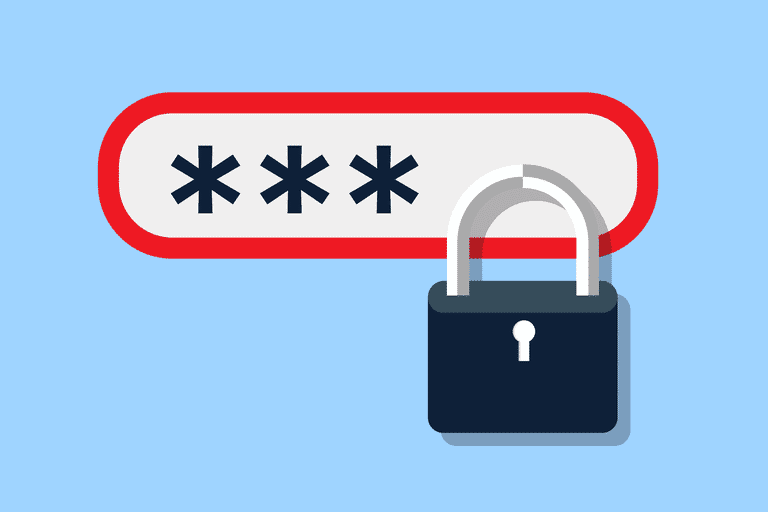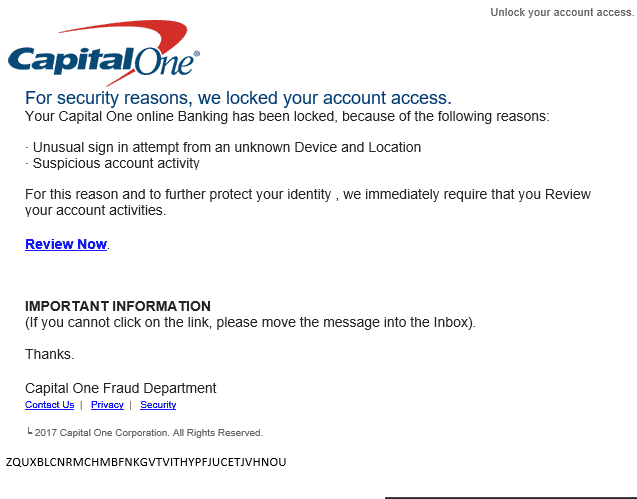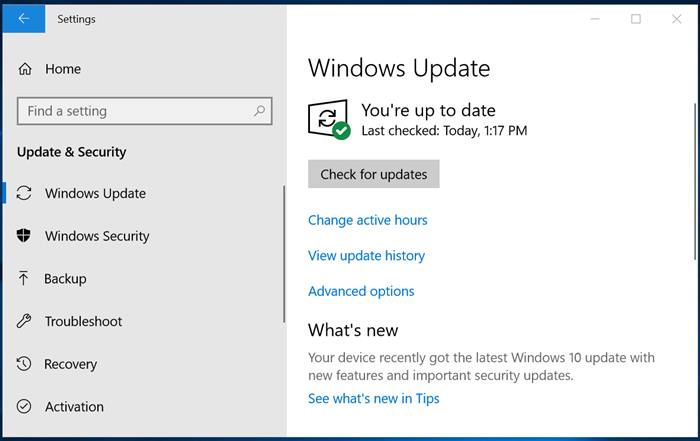Let’s admit it, we all deal with many work-related and business files on our computers and laptop. Using Windows, you are prone to hacking and losing your privacy. No operating system is fully secure; hence, we should take proper steps to avoid hacking attempts and reduce identity thieves’ chances.
This article will discuss identity thieves and how you can avoid them while using the internet. Identify thieves usually use other users’ identities to commit crimes such as stealing credentials, creating fake banking accounts, and what’s not.
Best Ways to Secure your Computer from Identity Thieves
The good thing is that you can follow some security rules & use privacy & security apps to keep identity thieves at bay. Hence, below, we have listed some of the best ways to secure your computer from identity thieves. Let’s check out.
1. HDD/Folder Encryption
HDD and Folder encryption means password-protecting your files, folders, or an entire drive. By using the passwords, you can easily encrypt the folders or the whole hard disk so that no one else can access the data inside them. Hence it becomes difficult to get any information out of them.
If anyone steals your HDD, you could feel safe, as there will be a password requirement to access the HDD content. Therefore you can remain sure that your account data if any is present inside it, is not available to the thief.
2. Two-Factor Authentication
These days, popular sites, apps, and services offer you a security feature called two-factor authentication. By using Two-factor authentication, you need to enter the authentication code sent to your registered phone number or email address to gain access to apps, accounts, or services.
Two factor greatly eliminates the risk of hacking attempts. Anyone who tries to break into your online accounts to use your identity will need to enter the verification code sent to your phone number to access the accounts.
3. Avoid saving passwords in Web browsers
Google Chrome does have a full-fledged password manager, but it’s recommended not to use it. If your laptop gets stolen, the thief can easily hack into your accounts, apps, and services due to the saved passwords.
So, it’s best to avoid saving the passwords in the web browser. Also, if possible, enter your details, like your bank account’s username & password, in Incognito mode.
4. Secure Your Network
This is one of the first things users should do to secure their computers from identity thieves. Look, a person with access to your WiFi network can intercept your internet traffic. Not just that, but the person who has access can also change the default login page of your router and can block your internet connection.
o, make sure to change the default router page login password to be on the safe side. Also, make sure to assign a strong password to your WiFi network.
5. Use Anti-Malware software
Well, hackers can easily enter your system by using malicious software. Since we download most of the files and software from the internet, it becomes easy for malware to enter our system. What’s worse is that certain types of spyware can auto-run and install themselves. Once installed, these spywares or malwares silently work in the background to exchange information.
So, the best way to avoid such things is by using a proper anti-malware tool. You can use Malwarebytes, one of the leading security tools, to remove malware from your system.
6. Antivirus Programs
You should prefer to run antivirus programs in real-time, so they can continuously scan for any malware or spam links and addresses, protecting you from probable phishing hack attacks.
You should take care that these programs should also be set before to accurately scan the important locations that need the most attention, like the browser data, app installation folders, etc.
7. Network Protection
If you are working on any shared network connection, you should take the most care. You can increase the firewall strength, and the antivirus programs should always run to protect against any data loss through the shared network.
The data can be accessed through the shared network user if you are not using strong encryption on your connection, so be sure about the security strength to be utmost.
8. Use a Firewall
A firewall blocks unauthorized access to the computer while allowing you access to the web. The firewall feature comes inbuilt into Windows computers.
However, you need to make sure that you have enabled the firewall feature by going through Control Panel
9. Use A Spyware Blocking Software
Well, Spyware is a program that collects information about you. Spyware isn’t always dangerous, but some contain malware.
Spyware can grab full information from your computer, which can cost a lot. Having a proper antivirus solution will block spyware from your computer.
10. Always Use Strong Passwords
Creating a strong password is an art that everyone should master. Creating strong passwords for social media accounts, guest accounts, banking sections, etc., helps prevent thieves from guessing your passwords.
Make sure to include numbers, non-alphabetic characters, and upper and lowercase letters on your password to make it more secure. Also, make sure to change the passwords once every 120 days.
11. Don’t Open Suspicious or unknown emails
Most identity theft occurs due to opening or replying to unknown emails. E-mail attachments are often used to distribute viruses and Trojan horses. Usually, these emails go to the junk folders, but certain emails make their way to the inbox.
So, the next time you find any suspicious emails from an unknown sender, don’t open them.
12. Install Updates Whenever It Arrives
Well, we all know that Microsoft frequently pushes updates. These updates usually contain fixes or patches. These updates are very important because it fixes any security holes that may be present in the Windows operating system.
Enabling the Automatic Updates will ensure that your system is up to date and that all the latest bug fixes and patches are installed.
So, these are the most effective things you should never ignore while using your computer so that you can keep your account identity secret and not be accessible to identity thieves. If you need more help or have any doubts, let us know in the comments below.
